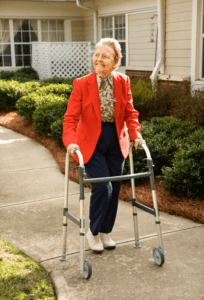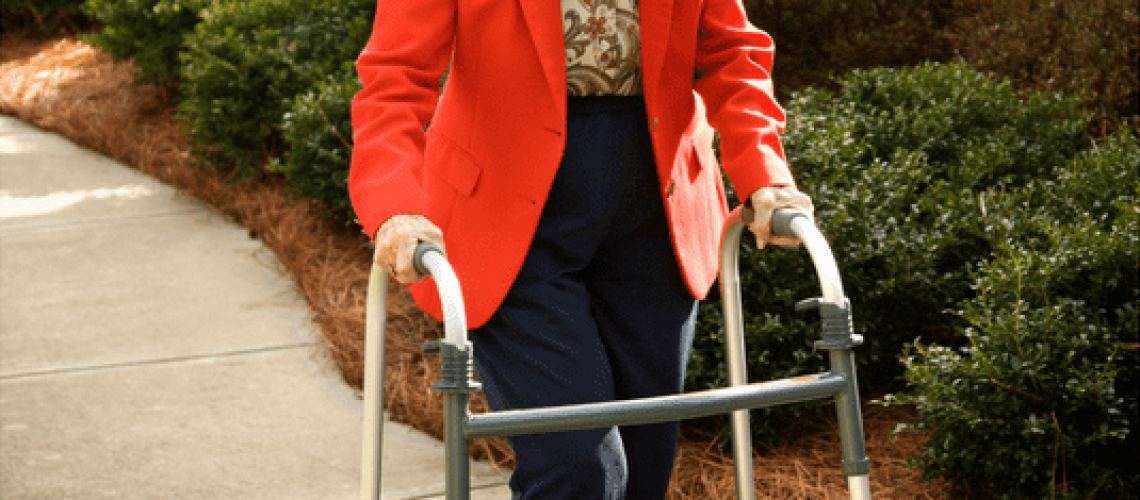 Summer temperatures can be dangerous for some older adults, who are especially prone to suffering heat stroke, dehydration, and other heat-related illnesses. Here are some tips for keeping your elderly loved one cool this summer:
Summer temperatures can be dangerous for some older adults, who are especially prone to suffering heat stroke, dehydration, and other heat-related illnesses. Here are some tips for keeping your elderly loved one cool this summer:
Stay Hydrated
Drink water frequently throughout the day. Pay attention to signs of thirst—like dry throat, tongue, or lips. Caregivers may check for dehydration by gently pinching the skin on the back of a hand— it should return to normal quickly. Lethargy and listlessness also may indicate dehydration. Older adults lose their ability to conserve water as they age, so encourage drinking water regularly throughout the day.
Stay Cool
Older adults are more susceptible to temperature fluctuations and may not adjust fast enough to counteract negative effects. If possible, try to keep the home at a constant temperature. If the power goes out for an extended period of time, consider moving to a different location, such as an accessible basement or a neighboring building with power. Local senior centers may also provide cooling stations and water to older adults who need a safe place to stay until the power returns.
If you’re planning to be outside on a warm day, bring plenty of water and maybe a handheld fan. Stay in the shade, and if no shade is available, create your own by setting up a picnic tent or rigging a temporary shelter.
Stay in Touch
Family members or friends should check in on elderly family members when there is no caregiver present. High temperatures can be life-threatening for older adults, so communication throughout the day is crucial. Family caregivers should check on their loved ones at least twice a day.
Warning Signs
Hyperthermia occurs when the body temperature rises too high. Heat stroke is a life-threatening form of hyperthermia that requires immediate medical attention. Heat exhaustion occurs when a person is exposed to a hot environment for a prolonged period. It can result in hyperthermia or heat stroke if not addressed.
The warning signs of hyperthermia include: confusion, agitation, or grouchiness; heavy breathing or rapid pulse; lack of sweat, even when it’s hot outside; headaches; nausea and/or vomiting; flushed skin; and a body temperature greater than 104 degrees.
Additional Reading
Summer Health Tips for Seniors: https://shepherds-staff.net/stay-healthy-summer-weather/
Save

